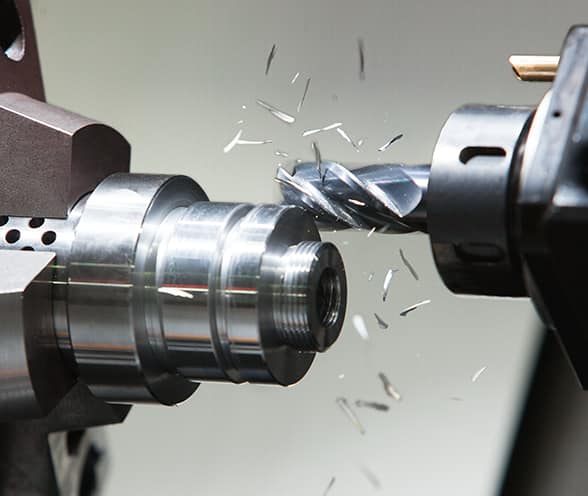There are no products in your shopping cart.
| 0 Items | £0.00 |


By Ayo Akinfe
(1) It appears we are finally getting the message that we are going nowhere as a country unless we industrialise. Over the last three months or so, the Nigerian government has entered into pacts with China, Japan and Russia designed to kickstart our economy. Even though the initiative came from these countries, it is great that we are finally playing ball. It is only manufacturing that will banish poverty in Nigeria. Anything else is just hot air
(2) I particularly like the recent bilateral agreement with Russia that will see the resuscitation of the Ajaokuta Steel Mill as without steel, you simply cannot industrialise. As part of the deal, the Russians have also agree to construct 1,400 kilometres of railway track from Lagos to Calabar
(3) You will also all be delighted to know that the Russians have agreed to explore building a nuclear power plant in Nigeria. Their state oil firm Lukiol will also enter into an agreement with the NNPC, which ideally, should lead to the construction of gas-fired power stations
(4) As we all know, China is already building the Lagos to Kano railway line. In addition, it is the Chinese who are building the Abuja to Lokoja railway line, the Warri Sea port and the Mambilla hydroelectric power plant. They are by far the biggest investors in Nigeria
(5) I am not sure if any pact was actually signed with the Japanese but hey, with Nigeria shutting her borders, Toyota might decide to reconsider its plans to open an assembly plant in Ghana. If they cannot access the Nigerian markets, their plans are dead in the water. Kind of similar to how the Nissan plant in Sunderland will have to shut with the loss of 7,000 jobs if this Brexit madness goes ahead
(6) With power, rail and steel, we are on the right track to industrialisation but hey, there is one more vital ingredient missing called machine tools and I have not heard anything about it yet. A machine tool is a machine used for shaping or machining metal or other rigid materials, usually by cutting, boring, grinding, shearing, or other forms of deformation. Without machine tools, you cannot manufacture anything
(7) Today machine tools are no longer powered by human hand but mainly operated electrically, hydraulically, using line shafts, or gas-operated, etc. With their inherent precision, machine tools enable the economical production of interchangeable parts. Any economy that is not a major manufacturer of machine tools is doomed, so Nigeria needs to take this matter very seriously
(8) Globally, the worldwide market for machine tools was approximately $81bn in 2014 according to a survey by market research firm Gardner Research. China was the largest producer of machine tools with an output of $23.8bn, followed by Germany and Japan with $12.9bn and $12.88bn respectively. Nigeria needs to set herself a target of at least producing $1bn worth of machine tools by 2030. If we want to manufacture automobiles, ships, battle tanks, aircraft, washing machines, fridges, oil rigs, dishwashers, railway carriages, electricity transformers, etc, we need to produce machine tools in vast numbers
(9) When I sometimes look at European medieval history and see some of the castles, temples, drawbridges, bridges, etc built, I often marvel at how they managed it. Africa’s only such legacy are the pyramids of Egypt. Built in stone, they have stood the test of time. This kind of precision engineering has to be replicated in Nigeria if we are to feed 200m souls or 400m by 2050 as is being forecast
(10) President Buhari needs to make the trade and industry ministry the biggest in his administration. From what I can see, we need at least six ministers there to focus on individual sectors like retail, manufacturing, microfinance, foreign direct investment, cargo rail, port expansion and now machine tools. Simply out, Nigeria needs a genius of a visionary with an industrial roadmap and the single-minded determination to see his plan through. You cannot lift 100m people out of poverty operating on a case-by-case basis